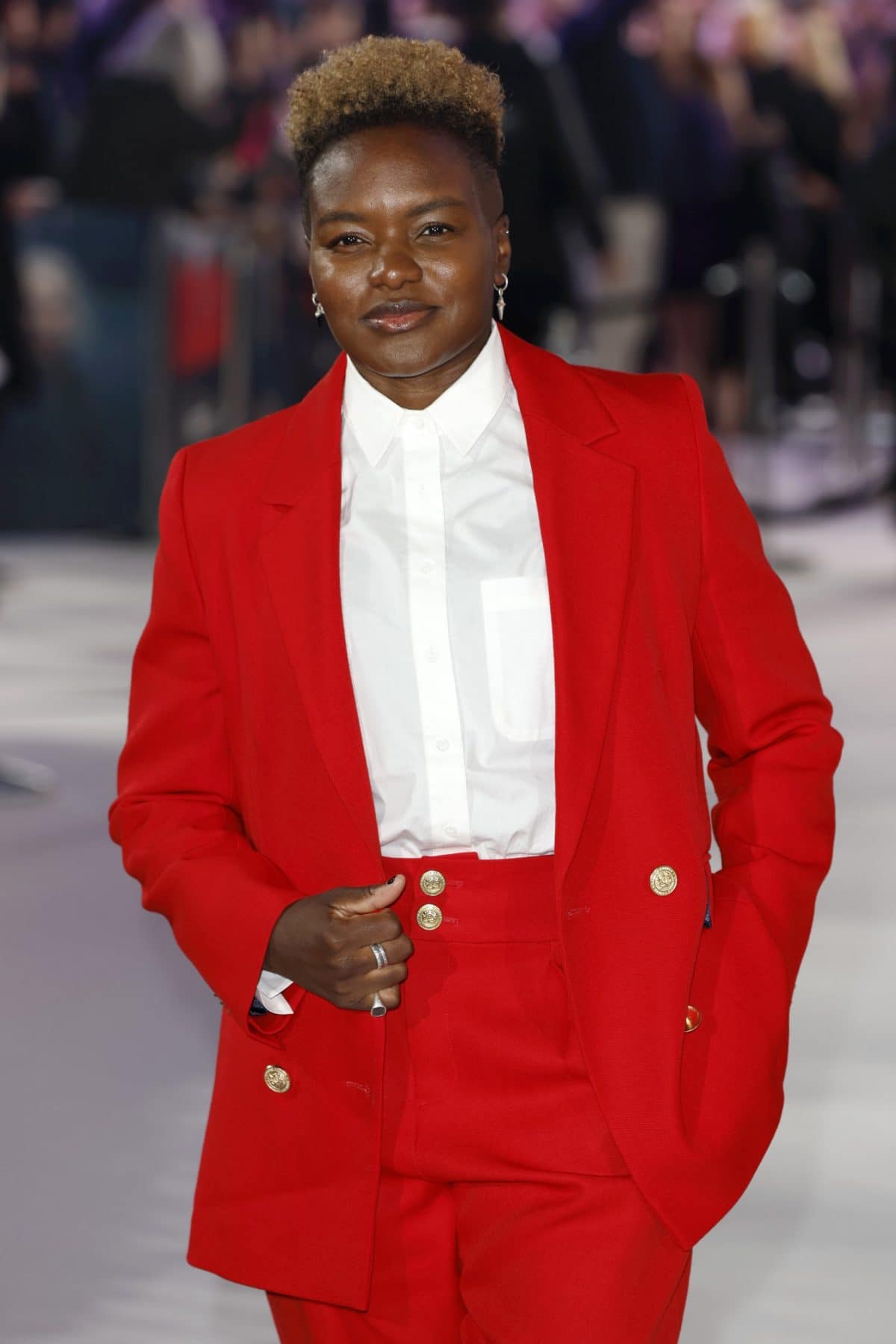Nicola Adams: From Olympic Champion to Hollywood and Beyond
Nicola Adams has remained incredibly active since she retired from boxing six years ago. Not only has she become a mother to her son Taylor, who is now three years old, but she has also embarked on an exciting new journey in the world of acting. The 42-year-old former double Olympic gold medalist has been quietly preparing for this transition, which marks a significant shift from her previous career.
Before boxing took center stage in her life, Adams had already dabbled in television, appearing in shows like EastEnders and Corrie. However, it was boxing that became her defining passion. Since retiring, she has dedicated four years to studying at London’s Identity School of Acting, a prestigious institution where renowned actors like John Boyega and Letitia Wright honed their craft. Her next big step is heading to the United States to film her role in The Gun on Second Street, a crime drama centered around a Pennsylvania cop who accidentally kills his partner during a call-out.
Adams admits that while the transition from boxing to acting may seem drastic, there are valuable skills that carry over from her athletic background. “Having been an athlete has helped with the discipline and the focus of acting,” she explains. “It’s exciting because it’s something that I always wanted to do, it’s just that boxing came first, it took off before my acting career so, when I retired, I was able to pick it back up.”
In addition to her upcoming film, Adams recently filmed the second season of the CBBC show High Hoops, a basketball drama starring Robert Webb. She finds the process of embodying different characters fascinating. “I really like being able to learn about different characters and get into that character’s mindset,” she says. “It’s interesting in learning how they function and how their traumas might affect how I’m playing them.” Her ultimate goal? To make her way into a Marvel movie. “I’m going to manifest that,” she adds.
Another new venture for Adams is stepping behind the microphone as a host. Previously a guest on The LGBT Sport Podcast for BBC Sounds, she now takes on the role of interviewer. “Interviewing another sports person means the conversation just really flows,” she says. “We get on to funny subjects and really deep subjects. There is talk of suicide on a couple of the chats.” The conversations often delve beyond athletic achievements, exploring personal lives and relationships with sport. “It’s not the usual ‘What did you win? When did you win?’ kind of thing,” she notes.
Adams’s first guest was fellow Olympian Dame Kelly Holmes, and other guests have included football referee Ryan Atkin, Paralympic rower Lauren Rowles, and racing driver Charlie Martin. These discussions have left a lasting impact on her, especially the conversation with Holmes, who came out as gay at the age of 52 after knowing she was gay since her Army days in the late 1980s. “I didn’t even know that you weren’t allowed to be gay in the Army… I was so shocked, I couldn’t believe it,” Adams recalls. “It really wasn’t that long ago, either, and she had to hide who she was.”
She is also deeply affected by the ongoing challenges faced by LGBTQ+ athletes in football. “Footballers get abused for even just their skin colour, so it’s very brave what Ryan has done, coming out as a gay man,” she says. “There needs to be more rules in place to safeguard the players and the referees. In any other sport, racism and homophobia would not be tolerated, but it doesn’t seem like there’s any consequence in football. You take your kids to watch the game, you don’t want them listening to homophobia.”
Despite these challenges, Adams never faced prejudice related to her sexuality in boxing. Instead, the discrimination she encountered was rooted in her gender. “Homophobia has never been a problem for me in boxing. It was always way more offensive to be a female than anything else,” she says. “I understand what it’s like to be discriminated against. Boxing is still very male-dominated, and in the beginning for me, I was one of very, very few women that actually did it. I know what it’s like to have to fight to find your place in sport.”
While she misses competing in the ring, she no longer misses the intense training. “I miss competing in the ring, but not the training – it was so intense and demanding. Now, if I don’t want to train, I don’t have to – and that’s awesome.”

